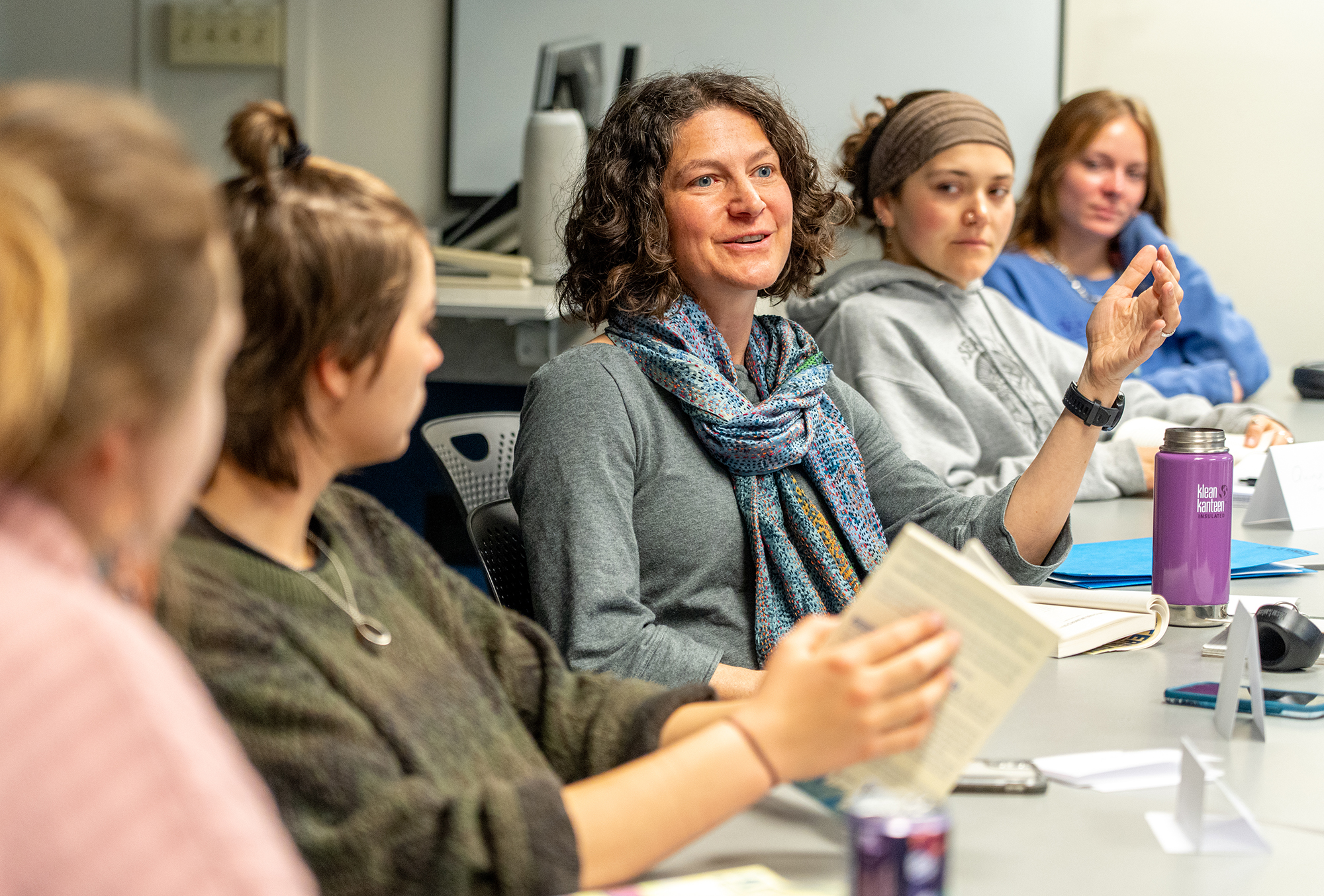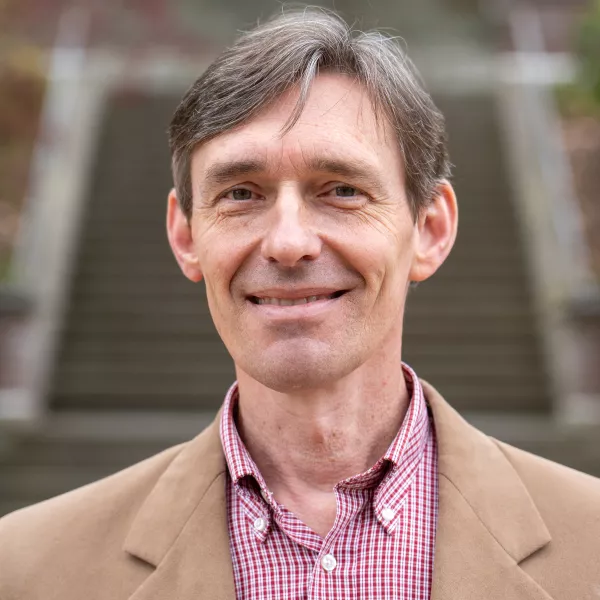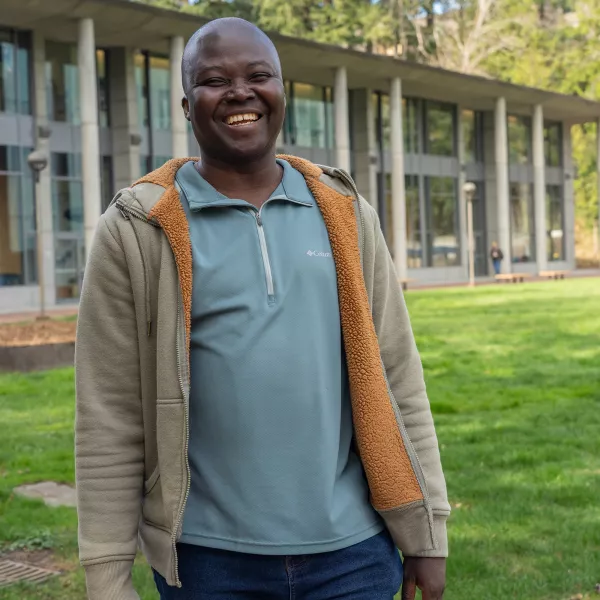One piece of advice coming from mental health practitioners is to acknowledge the strong feelings around climate and the environment. It does none of us any good to try to push those away, so acknowledge that this is a very rational response to a global crisis. I think not being too hard on ourselves when we feel these strong emotions is really important.
The second piece of advice I give to students that I think also applies to other folks is if this is an issue that you care about, find your people. I think too often folks think that that engaging in climate work is an all-or-nothing sort of activity. Like, either you can just throw up your hands and say “I don't know what to do with this. The problem is too big,” or you become like a Greta Thunberg, right?
In reality, we all have these communities in which we can exercise agency and make change. So, I'm a mom, and I have lots of other mom friends. That's a community in which I could engage around climate change.
Folks can think about what they can do at their workplace. There's a lot of really great climate work happening in corporations because individuals within those corporations are stepping up. Thinking about taking action is not just about your individual action or your individual responsibility, but instead being part of a larger group.
The third thing that I recommend to students and to other folks is to read hopeful science fiction. The arts give us a really beautiful sense of imagination for what could be, and that creativity and sense of imagination is really important in the times we're living, and not just because of the climate crisis.



